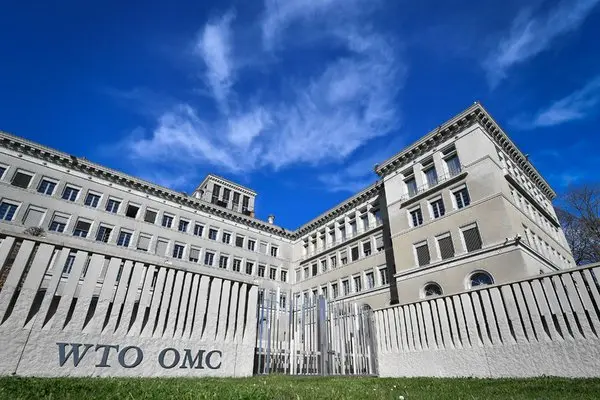The World Trade Organization (WTO) has raised concerns about the escalating fragmentation in international trade, highlighting an over-ninefold increase in the number of trade concerns raised over the past six years. These trade concerns, often raised at WTO committees, serve as early indicators of potential trade disputes.
The WTO’s report pointed to a range of unilateral measures as the primary causes of these concerns. These measures included Indonesia’s export restrictions on raw materials, China’s limitations on gallium and germanium exports, the European Union’s Carbon Border Adjustment Mechanism (CBAM), and other EU Green Deal initiatives, as well as the U.S. Inflation Reduction Act (IRA).
The WTO cautioned that such unilateral trade measures could trigger a cycle of retaliatory responses, ultimately leading to a more fragmented global trade landscape dominated by regional trade blocs. Reversing this trend could prove challenging.
According to the WTO report, there has been a ninefold increase in the number of trade concerns raised at the Council for Trade in Goods between 2015 and 2022, mirroring a similar pattern observed in technical committees. It highlighted the rapid expansion of digital services and environmental goods trade and warned that further unilateral measures could exacerbate the fragmentation of the world economy.
The WTO advocated for a renewed commitment to integration, often referred to as “re-globalization,” as a means to address contemporary challenges such as security, poverty, and climate change. It acknowledged growing skepticism about the progress of globalization.
Discussions about the stagnation or potential decline of international trade’s role in the global economy were linked to the rise of new industrial strategies, limitations on the expansion of global supply chains, and increasing geopolitical tensions, as noted in the WTO’s report.
Trade strategies that involve reshoring manufacturing production may lead to an overall reduction in the significance of trade within the global economy. Alternatively, strategies such as near-shoring (bringing production closer to large markets) or friend-shoring (strengthening production networks with like-minded countries) could contribute to further fragmentation along regional and geopolitical lines, the report added.
WTO’s report underscores the need for international cooperation and a concerted effort to maintain a unified global trade system, as unilateral measures and growing fragmentation pose challenges to the current state of international trade.














